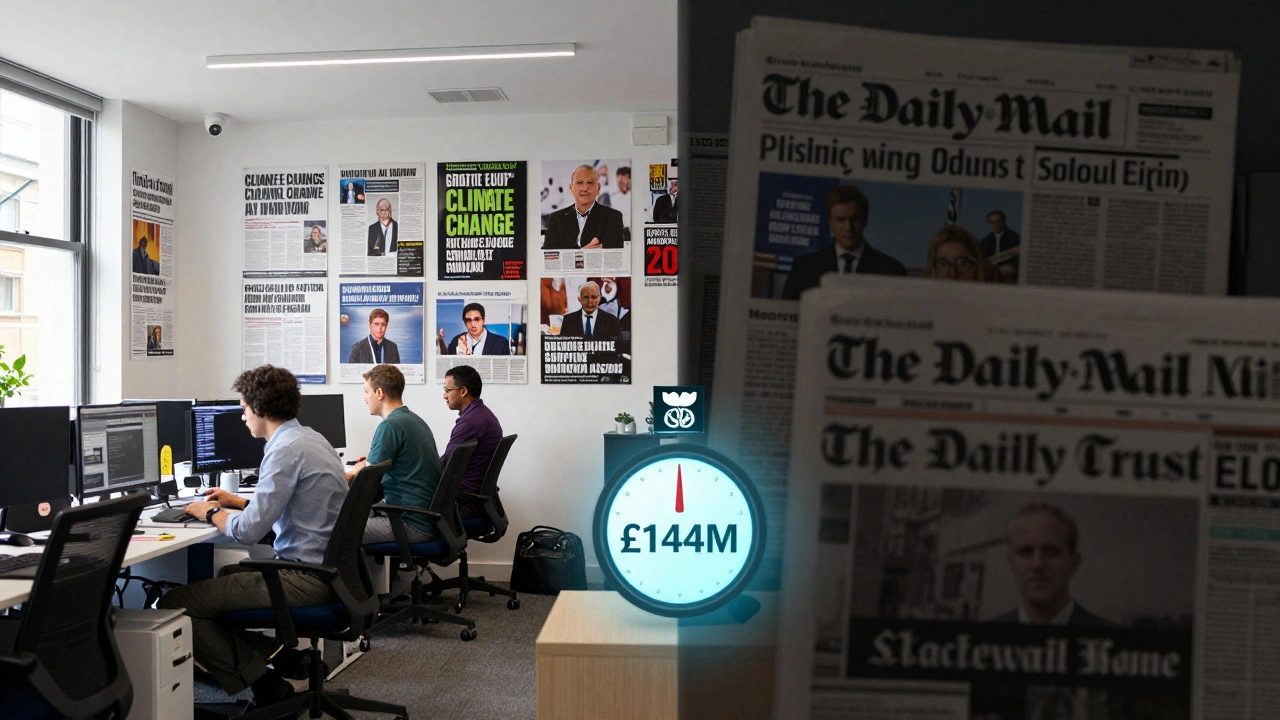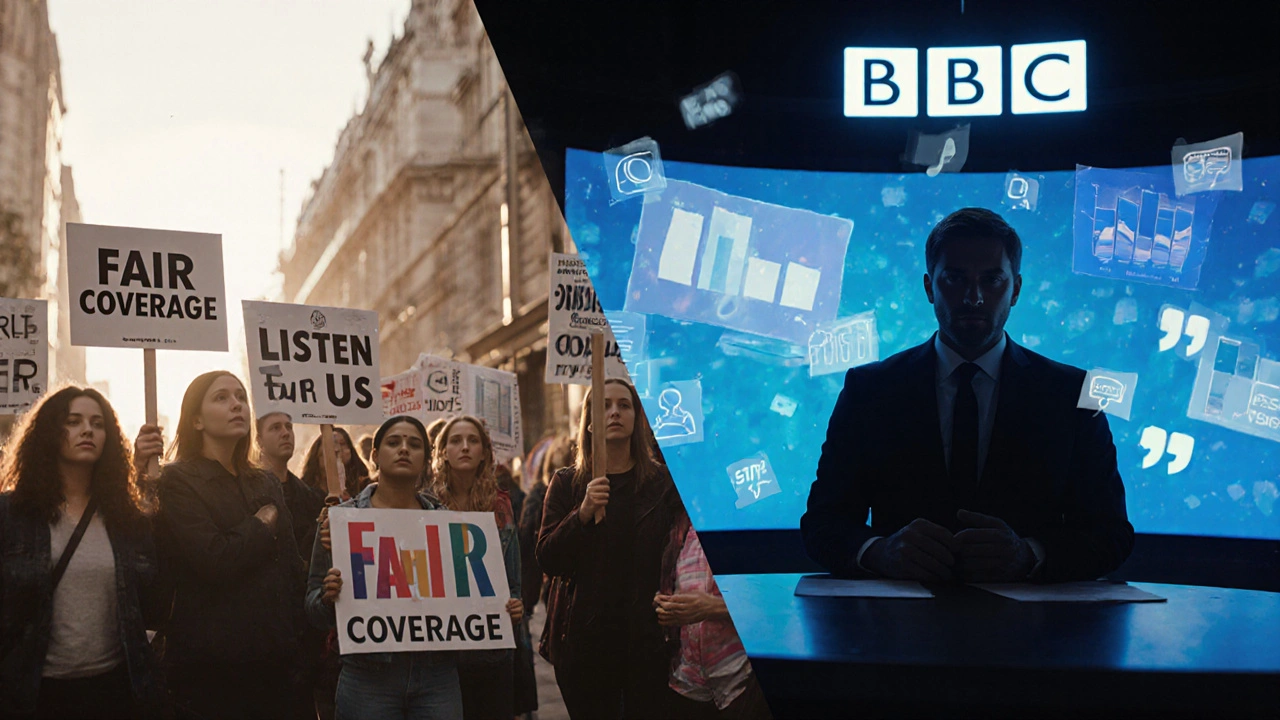UK News Bias: Who Controls the Stories You Read?
When you open a newspaper or scroll through news online, you’re not just reading facts—you’re seeing a UK news bias, the tendency of media outlets to frame stories in ways that reflect their ownership, ideology, or audience priorities. Also known as media bias, it’s not always obvious, but it’s always there. Some outlets push fear. Others push hope. A few try to stay neutral. But neutrality is rare when your funding comes from a single billionaire, a political party, or a corporate parent with a clear agenda.
The Daily Mail, a British tabloid known for its nationalist, anti-immigration stance and sensational headlines, doesn’t hide its leanings. Its coverage of welfare, crime, and the EU consistently favors right-wing narratives. Data shows its headlines are more likely to misrepresent facts than other major papers. Meanwhile, the BBC News UK, a public broadcaster funded by the TV license fee and legally required to be impartial, faces constant criticism from both sides—accused of being too left-wing by conservatives and too soft on the government by progressives. Then there’s the Guardian News UK, a newspaper owned by a nonprofit trust, with no shareholders and a mission to report without corporate pressure. It covers climate, inequality, and social justice with depth, but critics say it leans too far left. These aren’t just different styles—they’re different worlds.
It’s not just about politics. It’s about who gets heard. When homelessness rises, does the paper blame individuals or broken housing policies? When the NHS collapses, is it a story of underfunding or mismanagement? When a new virus emerges, do they report fear or facts? The same event can be framed as a crisis, a conspiracy, or a non-issue—depending on who’s writing it. And most people don’t realize they’re only seeing one version.
What you’re about to read isn’t a list of opinions. It’s a collection of real stories, data checks, and behind-the-scenes looks at how UK media works. You’ll find out why the Daily Mail’s headlines scream while the Guardian’s whisper. You’ll see how the BBC tries—and often fails—to stay neutral. You’ll learn what’s missing from the headlines, and why local news is vanishing faster than print editions. This isn’t about picking sides. It’s about knowing who’s holding the pen—and what they’re trying to make you believe.
Is The Guardian left or right? Understanding its political stance in 2025
The Guardian is a center-left newspaper with a long history of supporting social justice, climate action, and progressive policies. It's the most left-leaning major UK paper, trusted by millions but criticized by some for being elitist.
Is BBC News biased or unbiased? Here's what the data shows
BBC News is the most trusted news source in the UK, but claims of bias persist. Data shows it's among the most balanced outlets, though sourcing and framing can lean subtly. Here's what the evidence really says.

